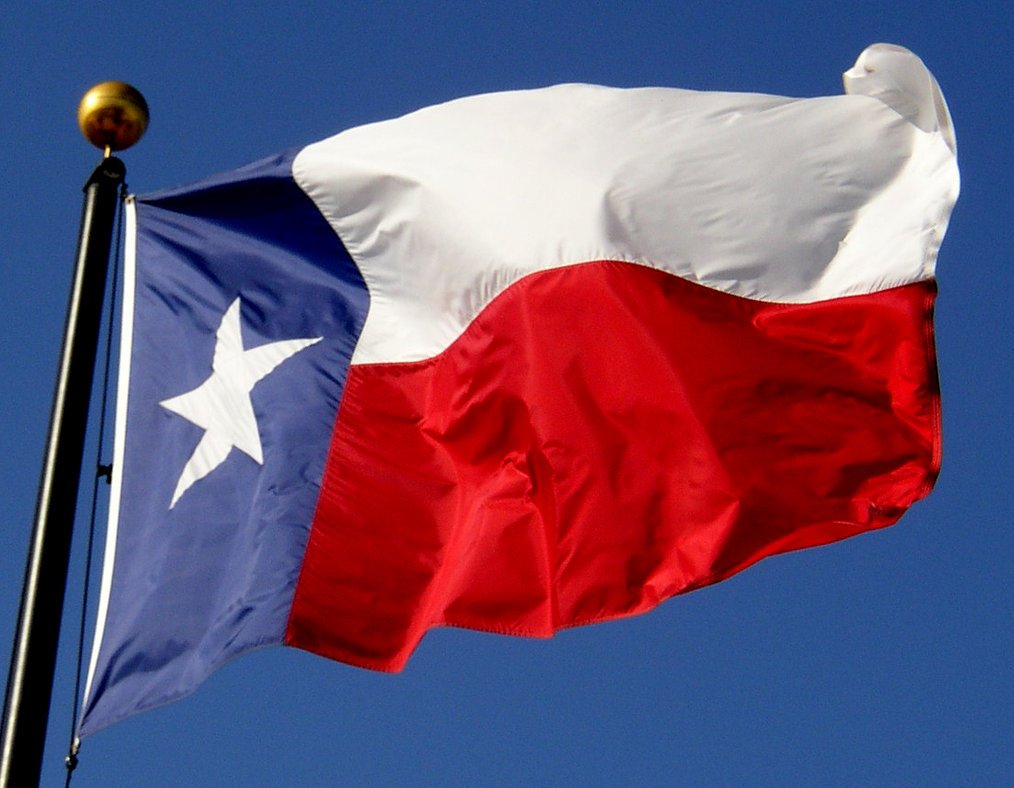
The national unemployment rate officially sits at 6.2 percent. However, the same government statistics state that a record number of people have simply given up, exiting the labor force altogether.
A record 92,269,000 Americans 16 and older did not participate in the labor force in August, as the labor force participation rate matched a 36-year low of 62.8 percent, according to the Bureau of Labor Statistics.
The labor force participation rate has been as low as 62.8 percent in six of the last twelve months, but prior to last October had not fallen that low since 1978.
Even more interesting is economic performance in the state of Texas. The official unemployment rate there is 5.1 percent. In Midland, Texas, it’s actually 2.9 percent, and employers are having a hard time finding people to fill jobs. When was the last time you heard that?
Texas employers continue to propel the Texas economy’s expansion by adding 396,200 jobs over the last year, a 3.5 percent annual growth rate.
What is Texas doing that the nation-as-a-whole is not? Generally speaking, Texas pursues different economic policies from those advanced in the Washington D.C. federal establishment, especially over the last five years.
Texas is one of nine states that do not tax earned income. California has an income tax rate of 13.3 percent of income over $1,000,000, for both singles and couples. Its income tax rates do not just soak the rich: singles earning $40,000 and couples earning $58,000 are already in the 8 percent tax bracket. [Manhattan Institute figures.]
Economists Art Laffer and Stephen Moore, in their latest annual publication “Rich States, Poor States,” ranked California 47th in economic outlook and Texas 13th. Similarly, the Tax Foundation ranked California 48th in business tax climate and Texas 11th.
Texas has seen a 19 percent growth in real gross domestic product since 2007, compared with 3 percent for California and 5 percent for the United States. Some say that this is because Texas is fortunate to sit on oil and gas reserves. However, California (the Manhattan Institute points out) also has extensive oil and gas in the Monterey Shale, but it has not been as aggressive about exploring and developing these reserves.
California (economically spekaing) is what the United States would look like if it were not for opposition in Congress which, to some extent, undermines Obama’s efforts to nationalize and socialize the economy even more than it already is.
Texas, on the other hand, is what the national economy would look like if we transformed into a less hampered market economy than the one we have. It’s considerably better.
The progressive establishment that largely rules academia, the courts and Congress wants more liberty and freedom in personal matters (gay marriage, smoking pot), while it seeks less liberty and freedom in economic activity. It makes no more sense than the conservatives who take the opposite position of government controls on drug use and sexual behavior, with government liberalization in economics.
Human beings do best when left alone. Aside from fraud and initiating violence, which of course must be outlawed, people eventually figure out what makes the most sense, particularly when they must live with the consequences of their actions. In a state of freedom, there are no buffers or distortions artificially shielding one from reality. People are free to think rationally and required to think that way, if they’re to survive and truly progress. People are free to help one another out (as in voluntary charity), but only if they view the recipients of their charity as honestly deserving of it; government, on the other hand, treats charity as compulsive and nonjudgmental, with income and other benefits as an entitlement.
These are the deeper reasons for the superior economic numbers you find in comparatively free economic climates, and the inferior numbers in comparatively restricted ones. Imagine what a totally unhampered market economy would look like. In all-out communism you find despair and collapse; in all-out capitalism (economic freedom) you find unprecedented innovation and a rise in the standard of living for all.
Anyone who, in this day and age, continues to support socialism or a hampered market economy must have something else in mind other than economic security and material progress.
Over the 5-year period from 2005 to 2010, Texas gained, on net, 636,639 residents from other states, according to the Tax Foundation. This helps explain how the Texas economy has diversified from one primarily dependent on oil production to being based on many other enterprises.
Why are so many businesses moving to Texas, if economic policies elsewhere are so great?
How much worse would the national economy numbers be, were it not for a state like Texas helping bring the national unemployment rate down to lower than it would be?
It’s incredible that nobody is asking these questions. The opponents of Republican Texas Governor Rick Perry have arrested him for charges nobody understands, charges his opponents do not seem obliged to even articulate. This serves as a convenient distraction from the fact that in Texas, everything that the advocates of big-sized government say is toxic is actually economically healthy.
Be sure to “friend” Dr. Hurd on Facebook. Search under “Michael Hurd” (Rehoboth Beach DE). Get up-to-the-minute postings, recommended articles and links, and engage in back-and-forth discussion with Dr. Hurd on topics of interest. Also follow Dr. Hurd on Twitter at @MichaelJHurd1
